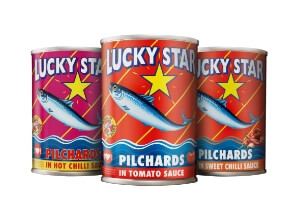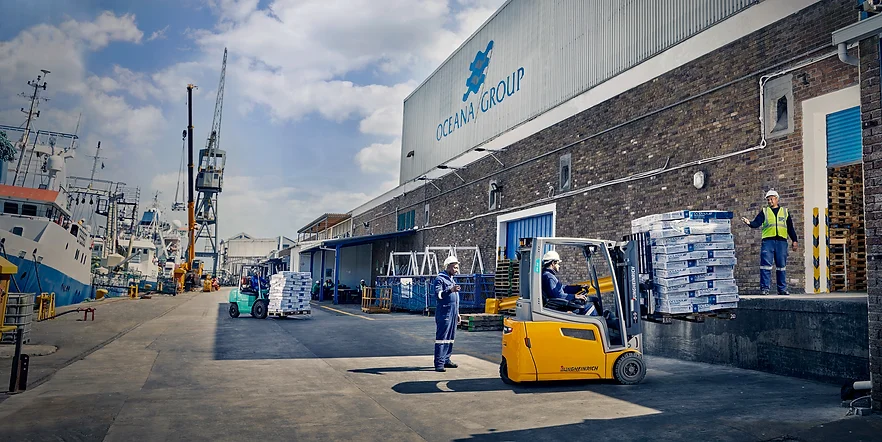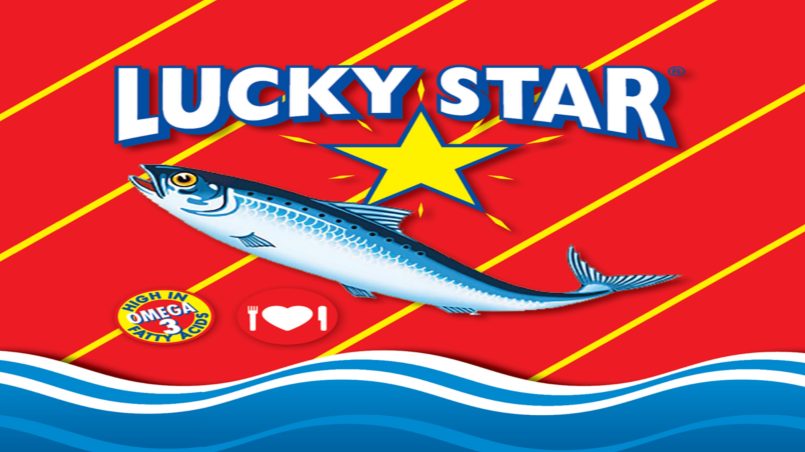Once upon a time, in 1930, Lucky Star began its journey with a mission: to bring quality, convenient canned fish to homes across South Africa. It started humbly, importing Californian canning equipment to Walvis Bay, South Africa, when the American fishing industry faced overfishing challenges.

By 1947, with hard work and a commitment to quality, Lucky Star was producing 10 tonnes of canned fish a day, paving the way for a booming industry that would serve generations of South Africans.
The 1950s were a time of growth and transformation. In 1955, Federal Fish Packers acquired the “Your Lucky Star” brand, and just a few years later, “Lucky Star” became a registered name in South Africa, with its iconic Pilchards in Tomato Sauce launching in 1959.
With this product, Lucky Star became a household name, providing affordable, nutritious, and delicious options to families across the country.
Over the years, Lucky Star continued to expand and evolve. By the 1960s, they had grown to hold a 25% market share. The introduction of new flavors, like Pilchards in Hot Chilli in 1965, kept customers coming back for more.
Even when challenges like overfishing in Namibia struck, Lucky Star adapted by importing fish to meet the ever-growing demand for its products.
Who Owns Lucky Star Pilchards in South Africa?
The 1980s marked a time of modernization for Lucky Star, with a fresh look and a 50% market share. By 1990, it had grown to 68%, solidifying its spot as South Africa’s top canned fish brand. In 1998, Lucky Star joined Oceana Group, Africa’s largest fishing company with over 105 years of history.

Oceana, listed on the JSE, NSX, and A2X, operates 54 vessels and eight production facilities, distributing to 41 countries worldwide. So, to answer who owns Lucky Star Pilchards in South Africa—it’s the Oceana Group.
With the 2000s came even more variety as Lucky Star introduced sardines, tuna, and exciting flavors. Products like Lucky Star Smoked Mussels in 2013 and Skinless and Boneless Fillets in 2016 reflected the brand’s commitment to meeting evolving tastes and dietary needs.
The launch of unique sauces like Sweet Chilli in 2016 added a modern twist to the traditional canned fish, capturing the interest of a new generation.
Boxer: A Story of Growth, Innovation, and Community Connection
From the launch of Lucky Star Corned Meat in 2018 to the introduction of convenient, hearty Soya and Vegetable Stew varieties in 2022, Lucky Star has continued to innovate and adapt to the changing needs of South African families.
Today, Lucky Star stands as more than just a brand; it’s a legacy of resilience, adaptability, and commitment to quality. With each new product, Lucky Star has shown that its roots in history are just as important as its vision for the future.
Get the latest entrepreneurial success stories, expert tips, and exclusive updates delivered straight to your inbox — Sign up for Entrepreneur Hub SA’s newsletter today!



